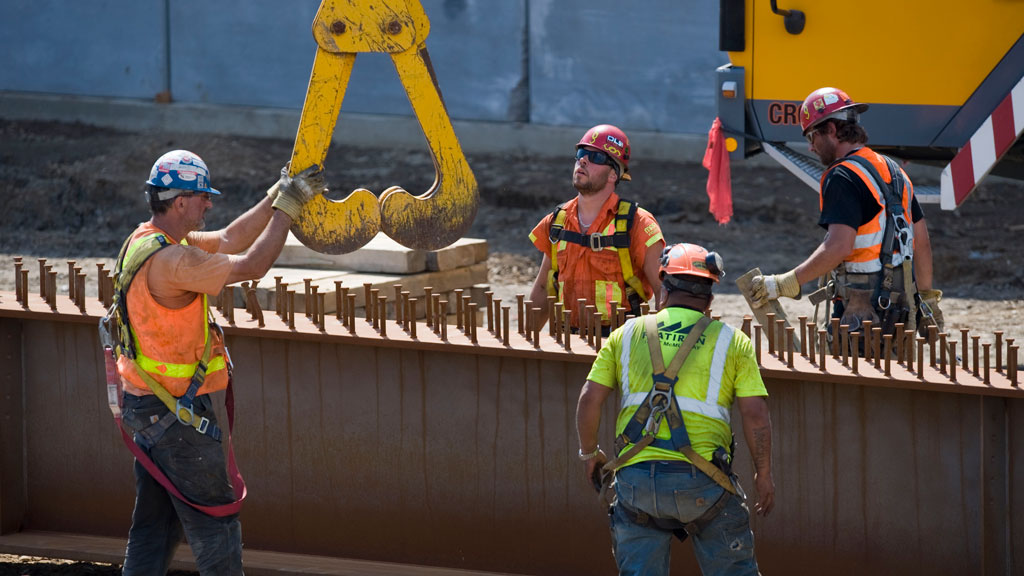Progressive unions and trade unions are applauding proposed changes that are poised to transform the province’s labour laws.
According to the Progressive Contractors Association of Canada (PCA) Bill 32, the Restoring Balance in Alberta’s Workplaces Act, is long overdue.
One of most significant changes is that all-employee bargaining units are now cemented into law. Paul de Jong, PCA president, noted this is something the group has endorsed since its inception 20 years ago.
“This needed to be modernized,” said de Jong. “These labour laws were created decades ago on the assumption that labour was organized by craft union affiliation and bargaining units were siloed or carved up based on those. But that is not the way most collective bargaining units are structured across North America.”
De Jong added all-employee bargaining units, or the “wall-to-wall” model, which allows companies to bargain with multiple trades as one unit, has allowed PCA members to make major contributions to the province, particularly in helping develop the energy sector.
“It comes down to competition,” said de Jong. “Employers need to have a fair and even playing field to compete with each other and when the laws are distorted it doesn’t help. Between unions, alternative and traditional, they should be able to compete with each other and workers should be able to make free choices.”
De Jong noted with this red tape slashed away, Alberta could look more attractive to construction investors – something sorely needed in a province recovering from low oil prices and COVID-19 disruption.
“We applaud the government for making this change,” said de Jong. “We think it is important that competition and choice for workers has been strengthened.”
De Jong explained Bill 32 also includes regulations around political contributions. It would require unions to disclose to members if their dues will be used for political purposes and give them the option to opt-out of that spending.
“Unions have a very special characterization in the Charter of Rights and Freedoms,” said de Jong. “To use those required dues politically becomes distorting. In that context the union is picking winners and losers and they were never given that mandate by the workforce. We think that this is an important part of preserving democracy.”
The PCA also expressed support to the bill’s provisions for continuation of agreements, which they explained provide a more stable investment climate by stipulating that collective agreements will stay in place until they expire (should employees choose a new union).
Another change the PCA pointed out was the early renewal of collective agreements, which allows employees and employers to renew an existing collective agreement before it expires. The group said this emphasizes the importance of companies and labour working together collaboratively.
The Building Trades of Alberta (BTA) said in a press release it expressed support for all-employee bargaining in Bill 32. The group stated the change would allow greater competition.
“We’re pleased to see the registration bargaining model remain under revisions to the Labour Relations Code, and while we did support the Code’s status quo, changes that now permit the Local Unions that make up the Building Trades of Alberta to negotiate project agreements as a single BTA bargaining agent, opens up a market we did not have access to before,” said BTA executive director Terry Parker in the release.
“BTA’s focus is, and will continue to be, the economic well-being of affiliates and membership. This means advocating for job-creating industries and projects that put our folks to work and adapting to new realities in order to gain market share.”
Follow the author on Twitter @RussellReports.











Name some actual unions that support this, PCA isn’t a union